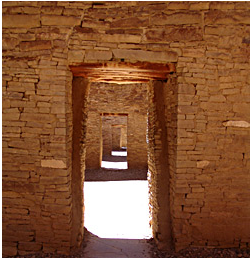Publication Date
Spring 5-2018
Abstract
How do narrative practices used by members of Christian Base Communities (in Spanish, CEBs) construct particular Catholic-political subjectivities within the Church, the nation-state, and the larger global institutions? Christian Base Communities, the vehicle by which liberation theology is put into practice, played a significant role in Nicaragua’s Sandinista revolution. Their proclaimed renewal is happening under dramatically different contexts from which they first emerged. Their religious beliefs continue to justify and place a moral thrust on their struggle for a more egalitarian society despite the reduction of social programs on the part of neoliberal governments, including the current Sandinista party administration. I recorded elicited and un-elicited autobiographical narratives that are integral to participation as religious and political subjects. CEB participants recount processes of transformation, in which a new identity is being crafted by people on the economic margins capable of effecting change within the church and society. I focus upon liberation theology as a part of anthropology of Christianity and Catholicism. In that light I ask, might contemporary CEBs function as theological revolutionaries, seeking to transform Catholic practice?
Keywords
Nicaragua, Catholicism, Liberation theology, Christian base communities, revitalization, subjectivity, progress, life history
Document Type
Dissertation
Language
English
Degree Name
Anthropology
Level of Degree
Doctoral
Department Name
Anthropology
First Committee Member (Chair)
Les Field
Second Committee Member
Suzanne Oakdale
Third Committee Member
David Dinwoodie
Fourth Committee Member
Kathleen Holscher
Recommended Citation
GUNDERSON, LARA M.. "Relanzamiento of Nicaragua’s Christian Base Communities: Forging New Models of Church and Society for the Twenty-First Century." (2018). https://digitalrepository.unm.edu/anth_etds/143
Included in
Anthropology Commons, Catholic Studies Commons, Latin American Languages and Societies Commons



